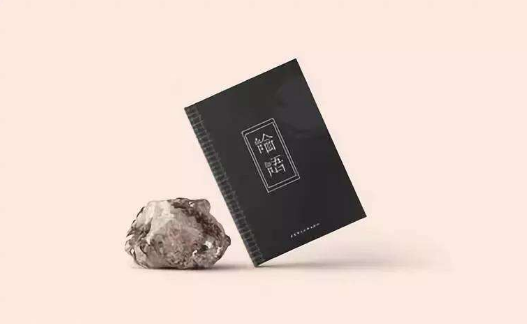Shu-sun Wu-shu having spoken revilingly of Chung-ni, Tsze-kung said, "It is of no use doing so.
叔孫武叔毀仲尼,子貢曰:“無以為也。
Chung-ni cannot be reviled. The talents and virtue of other men are hillocks and mounds which may be stepped over.
仲尼不可毀也。他人之賢者,丘陵也,猶可逾也。
Chung-ni is the sun or moon, which it is not possible to step over.
仲尼,日月也,無得而逾焉。
Although a man may wish to cut himself off from the sage, what harm can he do to the sun or moon?
人雖欲自絕,其何傷于日月乎?
He only shows that he does not know his own capacity."
多見其不知量也。”
Ch'an Tsze-ch' in, addressing Tsze-kung, said, "You are too modest.
陳子禽謂子貢曰:“子為恭也。
How can Chung-ni be said to be superior to you?"
仲尼豈賢于子乎?”
Tsze-kung said to him, "For one word a man is often deemed to be wise,
子貢曰:“君子一言以為知,
and for one word he is often deemed to be foolish. We ought to be careful indeed in what we say."
一言以為不知,言不可不慎也。”

Our Master cannot be attained to, just in the same way as the heavens cannot be gone up by the steps of a stair.
夫子之不可及也,猶天之不可階而升也。
Were our Master in the position of the ruler of a state or the chief of a family,
夫子之得
we should find verified the description which has been given of a sage's rule:
邦家者,
he would plant the people, and forthwith they would be established;
所謂立之斯立;
he would lead them on, and forthwith they would follow him;
道之斯行;
he would make them happy, and forthwith multitudes would resort to his dominions;
綏之斯來;
he would stimulate them, and forthwith they would be harmonious. While he lived, he would be glorious.
動之斯和。其生也榮。
When he died, he would be bitterly lamented. How is it possible for him to be attained to?"
其死也哀,如之何其可及也?”












